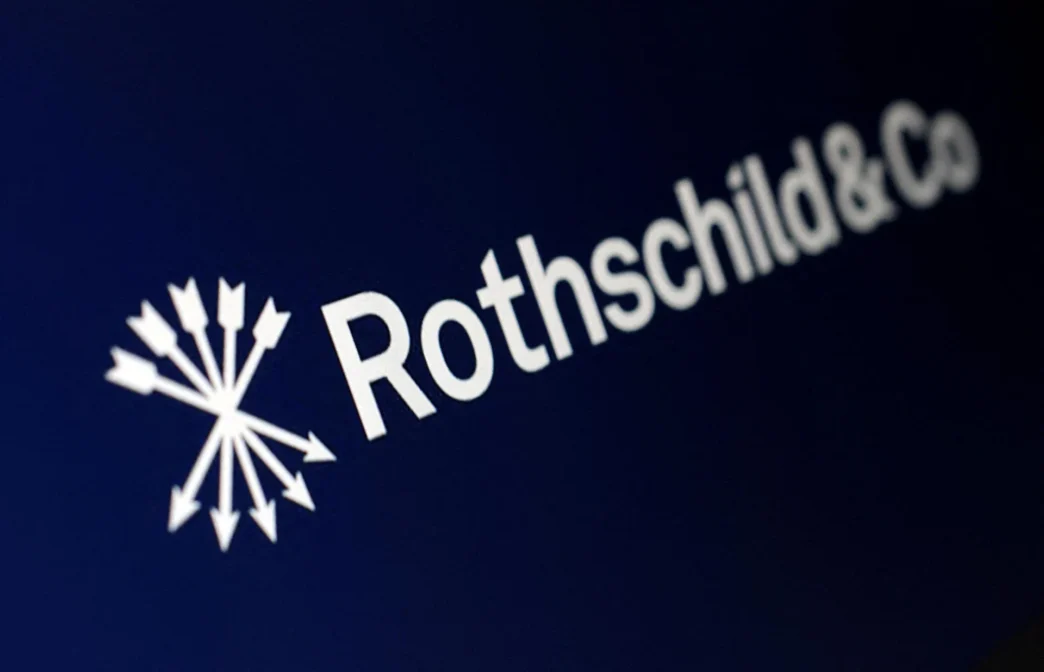Rothschild & Co., one of the world’s most storied financial institutions, is ramping up its presence in the Middle East following a strategic partnership with a private banking group in Liechtenstein. The move signals the firm’s renewed focus on wealth management and estate planning services for high-net-worth clients in the Gulf and surrounding regions.
A Strategic Push into the Middle East
Rothschild’s decision to partner with Liechtenstein-based financial entities reflects a broader trend among European banks seeking to expand in the Middle East, where family offices, sovereign wealth funds, and private investors increasingly demand sophisticated wealth management solutions.
Sources close to the firm say that Rothschild’s expansion targets ultra-high-net-worth individuals (UHNWIs), who are looking for tailored investment strategies, tax-efficient structures, and cross-border estate planning services. Liechtenstein’s reputation as a discreet and stable financial jurisdiction makes it an attractive hub for such services.
Why Liechtenstein?
Liechtenstein has long been recognized for its favorable trust laws, banking privacy, and regulatory stability. For Rothschild, partnering with Liechtenstein entities allows the firm to:
- Offer flexible wealth structuring for Middle Eastern families with complex international portfolios.
- Leverage robust trust and foundation services, protecting assets across generations.
- Navigate tax-efficient cross-border planning, aligning with local regulations while maintaining international compliance.
This strategic alliance ensures that Rothschild can combine its legacy of global banking expertise with Liechtenstein’s innovative wealth management frameworks, catering to clients seeking both growth and protection for their assets.
Middle East: A Key Growth Market
The Gulf Cooperation Council (GCC) region, which includes the UAE, Saudi Arabia, Qatar, Bahrain, and Kuwait, is witnessing rapid growth in private wealth. Analysts estimate that the number of UHNWIs in the Middle East has been growing steadily, driven by energy exports, investment returns, and diversification into sectors like technology and real estate.
By positioning itself in Liechtenstein, Rothschild is creating a bridge between Middle Eastern capital and European financial expertise, offering clients access to global markets while maintaining confidentiality and sophisticated structuring.
Rothschild’s Wealth Management Strategy
Rothschild has long been a prominent player in wealth advisory, private banking, and family office services. The firm’s approach emphasizes:
- Multi-generational planning to ensure wealth preservation over decades.
- Custom investment strategies, including equities, fixed income, and alternative assets.
- Risk management, leveraging European compliance standards and global regulatory insight.
The Liechtenstein deal is the latest in a series of initiatives aimed at strengthening Rothschild’s footprint in emerging wealth markets, particularly where family offices require a combination of discretion, expertise, and innovative structuring.
Global Implications
This expansion highlights the growing competition among European private banks to capture Middle Eastern capital. Competitors like UBS, Credit Suisse, and Julius Baer have also been enhancing offerings in the region, emphasizing the strategic importance of Gulf wealth for long-term growth.
For clients, this means greater choice and access to sophisticated tools for asset protection, tax optimization, and estate planning, often structured through jurisdictions like Liechtenstein that offer both privacy and security.
Conclusion: A Calculated Expansion
Rothschild’s partnership in Liechtenstein underscores the firm’s commitment to bridging the gap between European financial expertise and Middle Eastern wealth needs. With the region’s UHNW population continuing to grow, the move positions Rothschild to capitalize on a high-value market for tailored, cross-border wealth management services.
The alliance also reflects broader trends in global finance, where banks increasingly rely on international collaborations to meet the evolving expectations of wealthy clients seeking privacy, compliance, and investment sophistication.
















